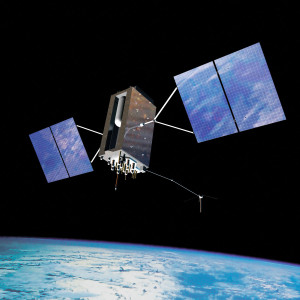Those of you who frequent this blog probably know that I like to keep track of what is going on with the other satellite navigation systems in the world, such as Russia’s GLONASS, China’s BeiDou and Europe’s Galileo constellation. Recently, GPS World published a really great article on its blog that explained perfectly why you should care about the other systems. Their points are all things that I already knew, but I didn’t really have the words for myself. If you get the chance, you definitely ought to give at least the first half of the article a quick read. (The latter half is all about Galileo and their issues and successes.)
Basically, the argument that GPS World (and I) makes is that while yes, GPS works just fine and yes, GLONASS and the other systems are not controlled by the United States, that doesn’t mean the systems have to be competing with each other. After all, the more satellites your device can see, the better the accuracy is going to be. In fact, in China they have 14 regional satellites available in addition to GPS and GLONASS, making their RTK positioning better than anywhere else in the world.
So, while it might be tempting to look at those other systems and think that it’s not relevant to you because we already have GPS, just remember that those satellites are going to be over the same sky as GPS so you could use them too.
GNSS is going to be the navigational aid of the future, and we’ll all benefit from it. A lot of devices already are taking advantage of this and can access both GPS and GLONASS, and I hope that the trend continues as other countries complete their own systems. Who knows what technology will start to become viable as the pinpoint accuracy continues to shoot through the roof.
The next time you see a seemingly irrelevant article on GPS Tracklog about Galileo or see an article on another site about GLONASS, don’t just skip over it. This is the future of navigation, and we’re building it one satellite at a time!

